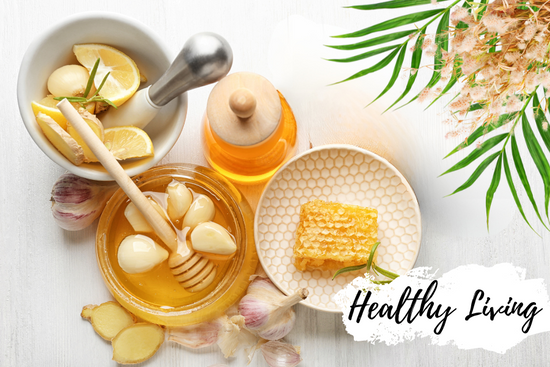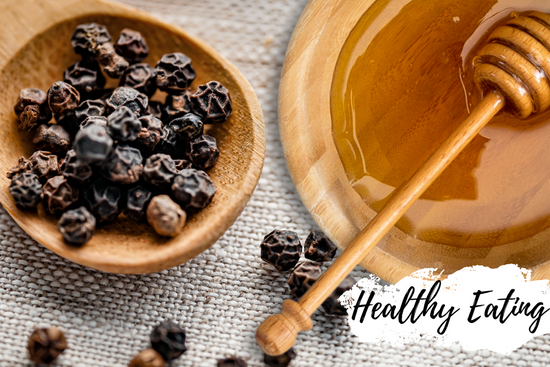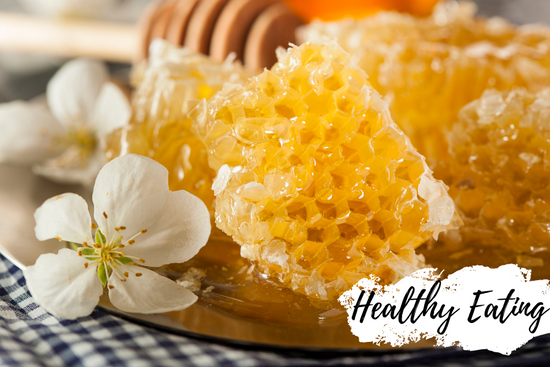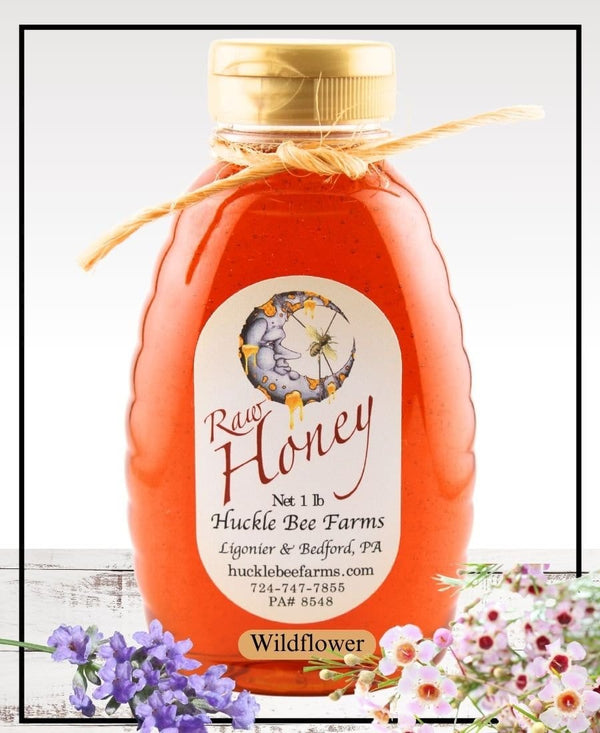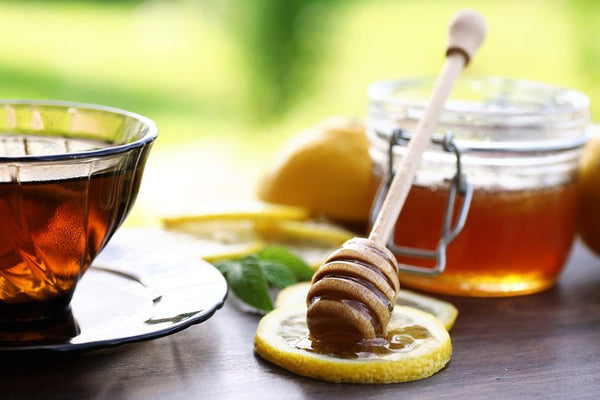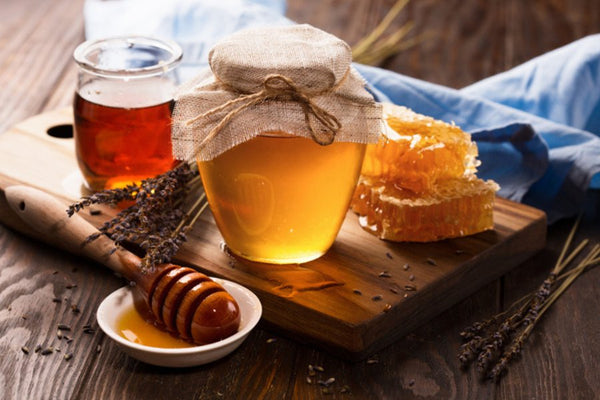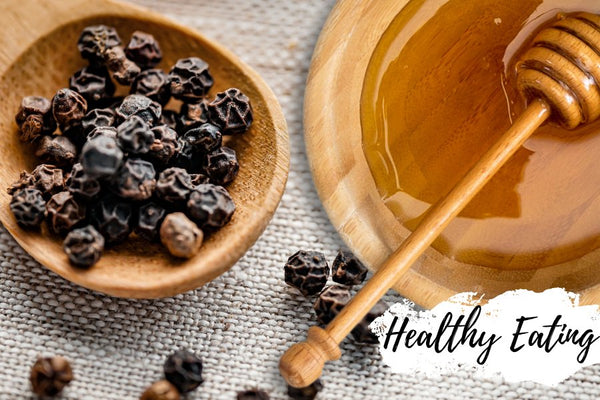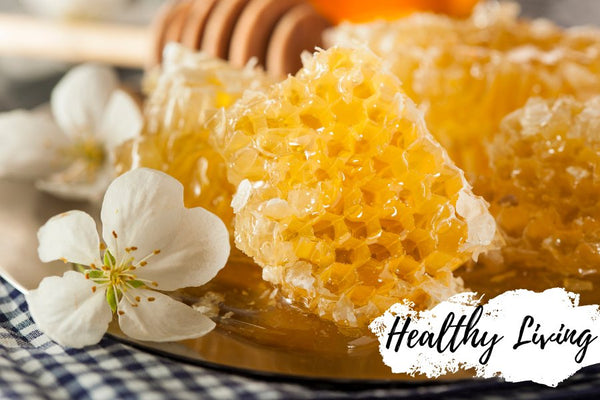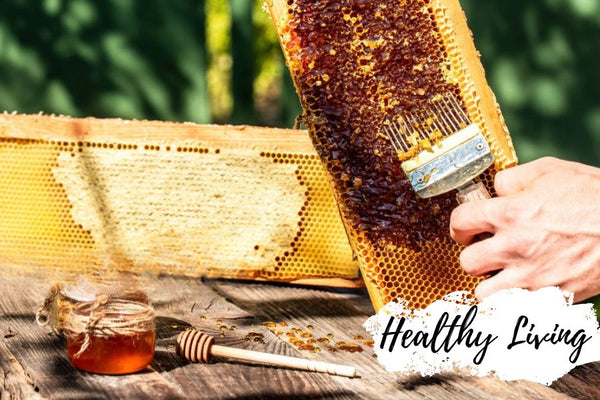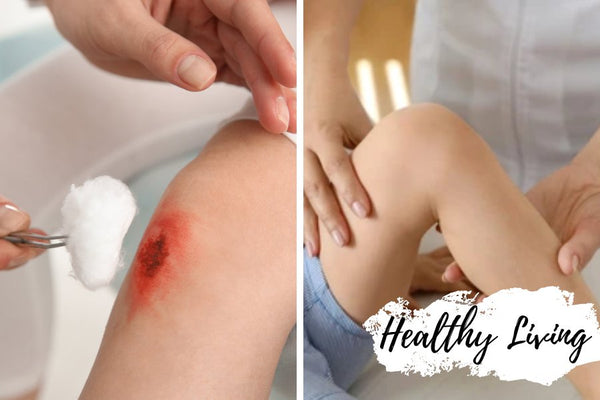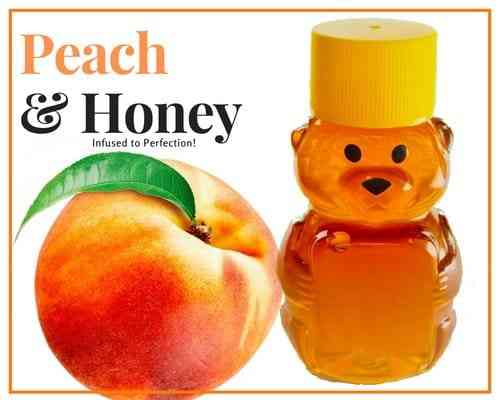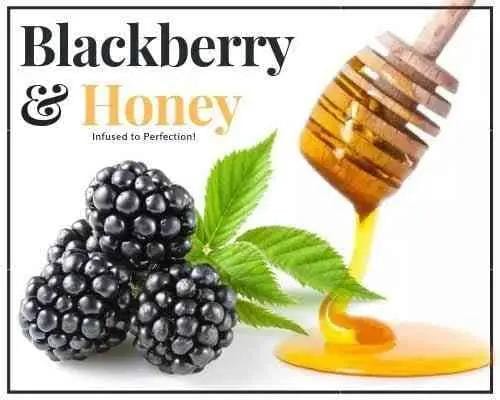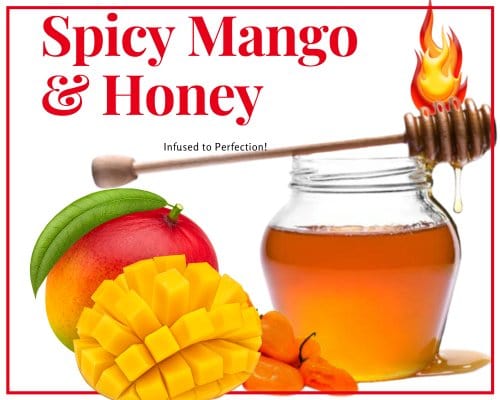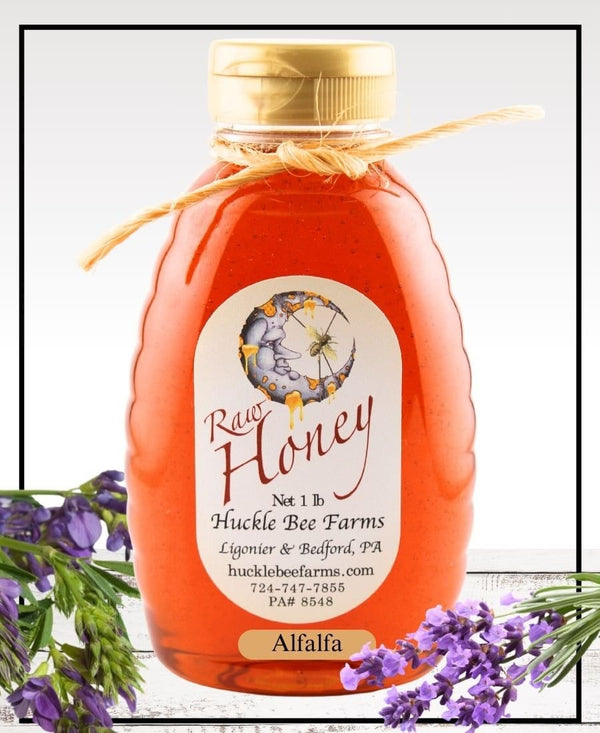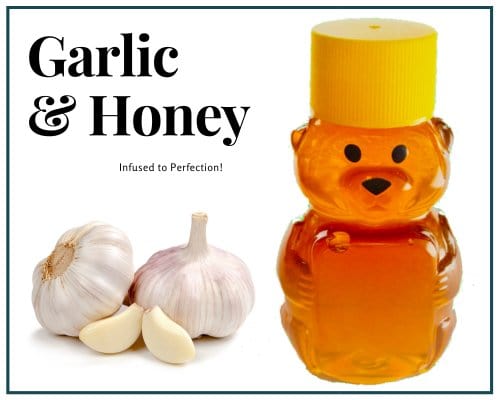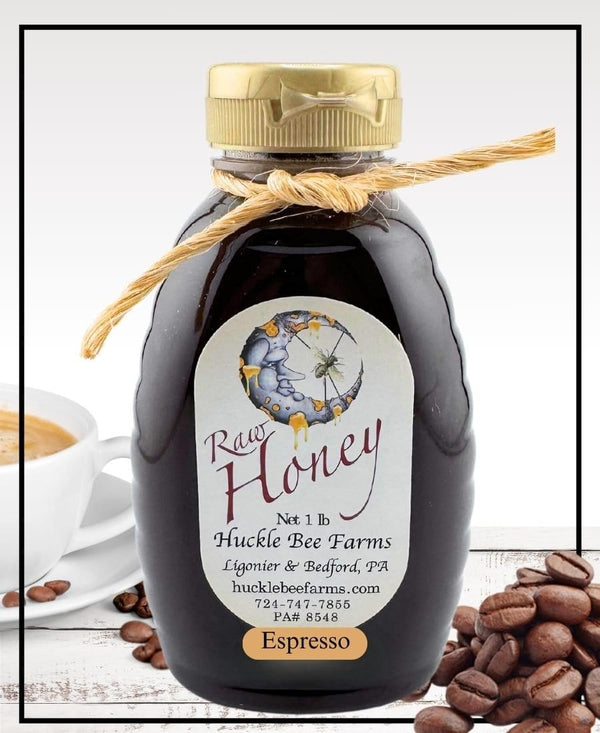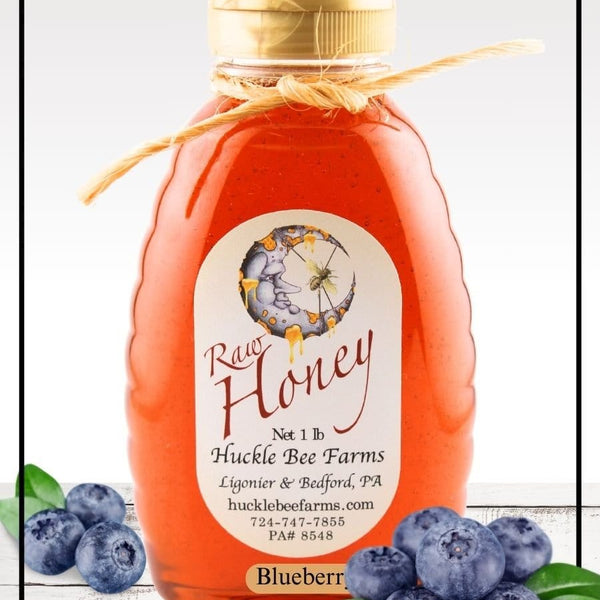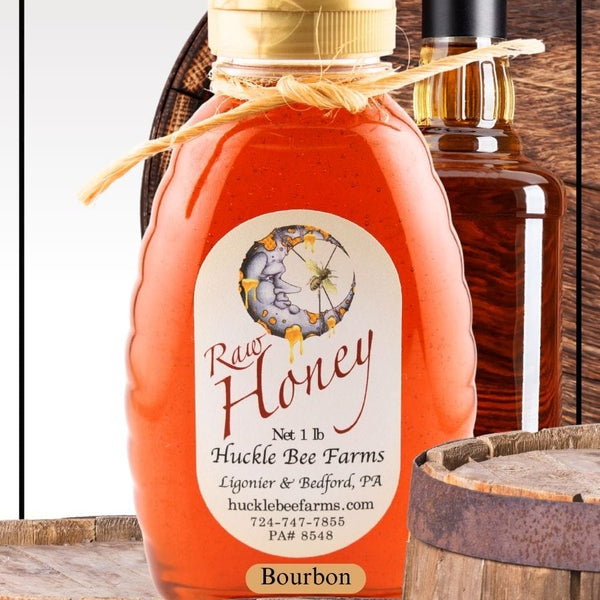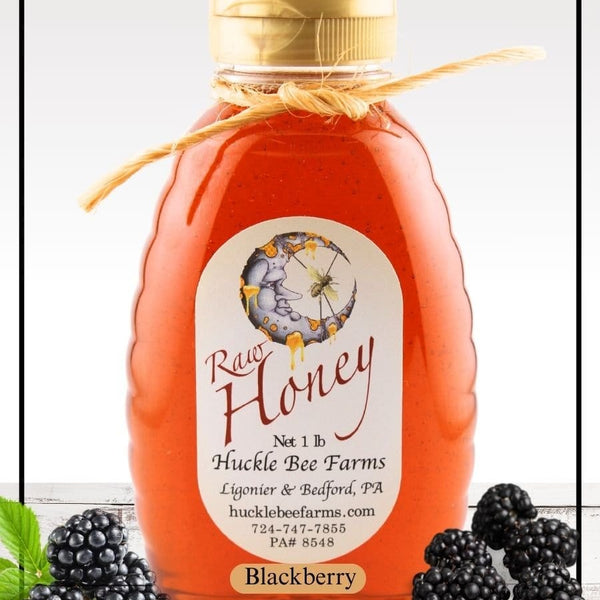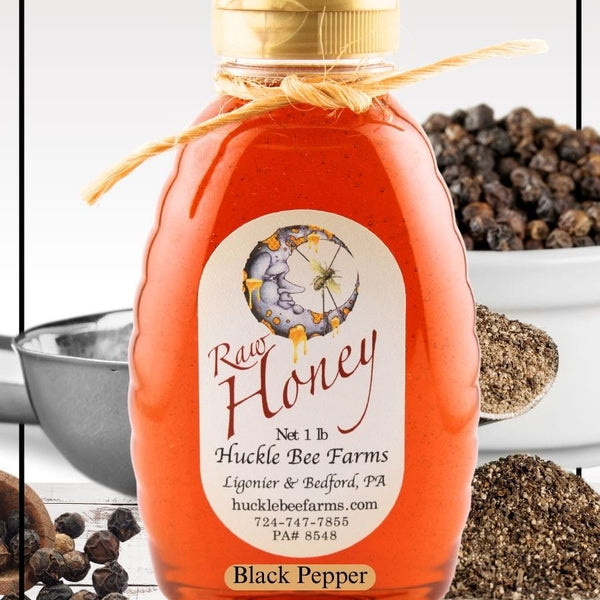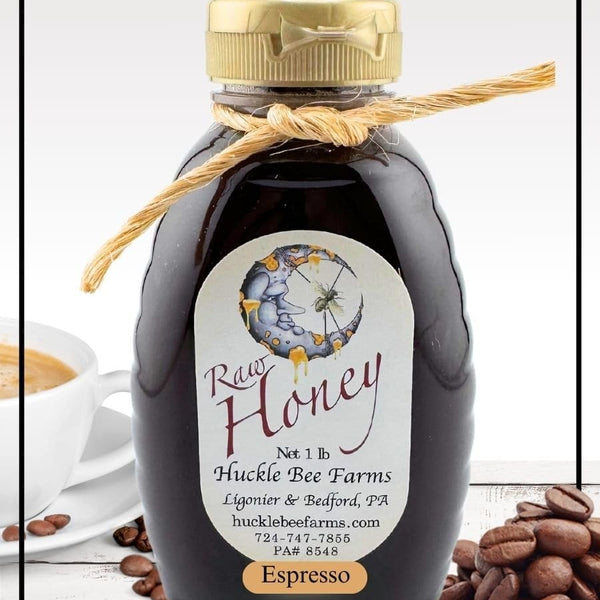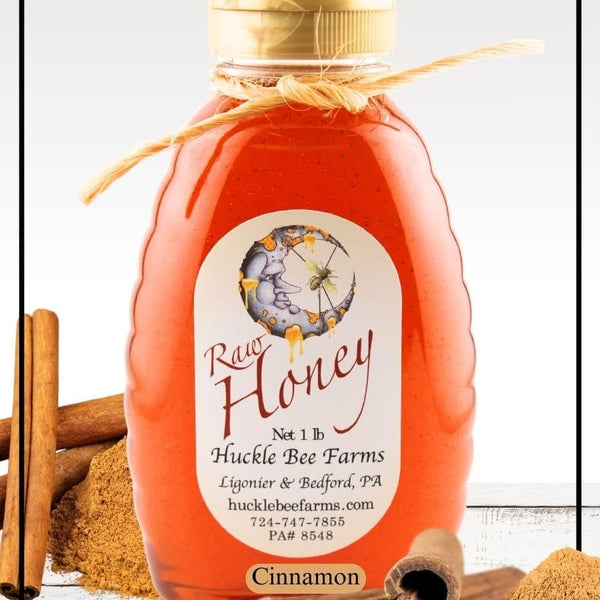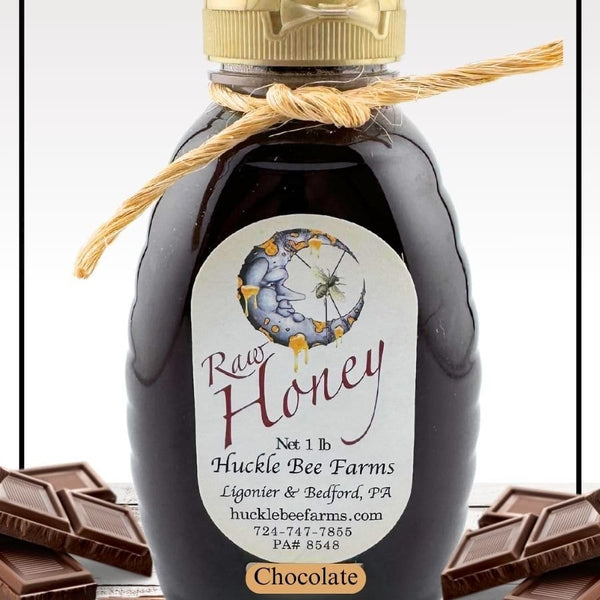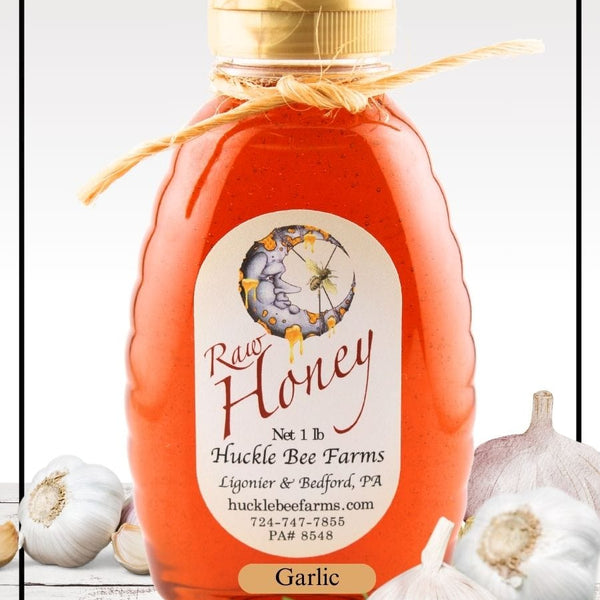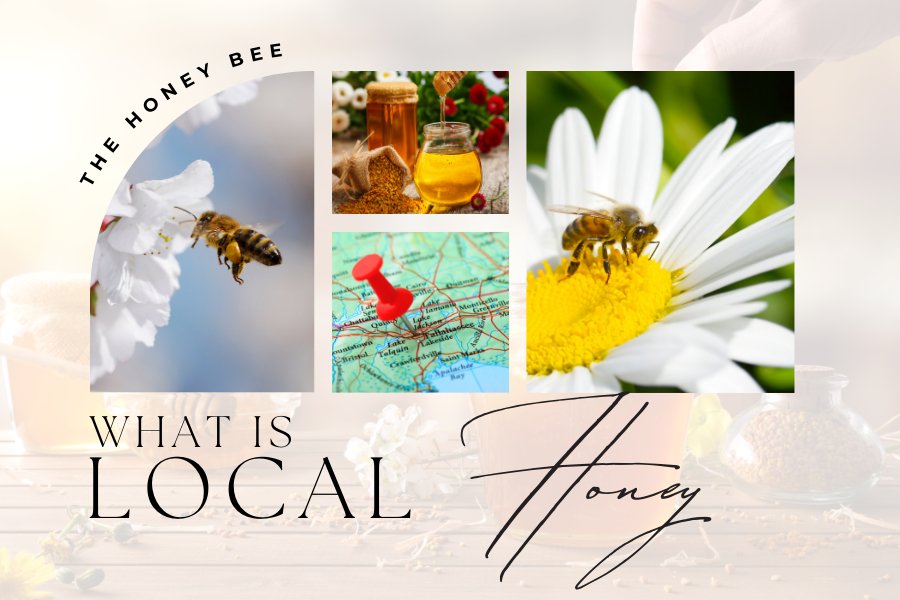
What is Local Honey…or are they Wrong "Regional Honey"
Regional Honey / Local Honey
Most doctors would say local honey is honey produced by bees within a certain milage. They claim 20 - 50 miles from your residences. So to be clear, they couldn’t be further from the truth…Let me explain and it may take a little research on your end too.
We should call Local Honey Regional Honey. Milage has nothing to do with the benefits you receive from honey. Its all about the bee pollen that is captured.
Its the plants and trees, (Foliage) that grow in your region and this is where the research on your end may come in. Bees pollinate the plants and gather nectar based on the crops grown in your region. This nectar and pollen is where the benefits of honey comes from for allergies.

What is Regional Honey
Its the plants and trees, (Foliage) that grow in your region and this is where the research on your end may come in. Bees pollinate the plants and gather nectar based on the crops grown in your region. This nectar and pollen is where the benefits of honey comes from for allergies.
Someone in Pittsburgh, PA, has the same plants and trees as Philadelphia, even though they are 300 miles apart. But foliage in lower Virginia have more pine so its a different region.
When you eat natural honey from your area, you are consuming a natural remedy. This remedy combats the allergens in your region. This is why many people swear by the benefits of local honey for alleviating seasonal allergies.
Purchasing honey from local beekeepers benefits the economy and promotes health since it is produced in your region. So next time you're at the store, consider reaching for a jar of regional honey to keep those pesky allergies at bay.

There are different types of honey like raw, pure, manuka, acacia, clover, and wildflower honey. Each type of honey has its unique flavor profile and potential health benefits. Understand, there is no such thing as organic honey as a bee keeper, we can not control where our bees travel.
Regional Honey has been getting a lot of buzz (no pun intended) lately, but do you truly know why? If you are thinking it is just one of those fads and we will stop hearing about it soon, think again.
Heated and pasteurized honey, such as the one in the bear-shaped bottle, is as unhealthy as eating refined sugar. Heating and pasteurizing honey destroys its beneficial enzymes and nutrients. Consuming raw, unprocessed honey is better for its health benefits. Honey in its natural state is a better option than processed honey in a bear-shaped bottle.
If you are someone who makes a conscious effort to be healthy, why would you put that in your body? Another important question is, why add honey to tea when you're sick? Full of unhealthy sugar. Honestly, the questions could continue endlessly.
People in Egypt and Greece have used raw honey for centuries to sweeten and heal.
So what are these ‘healing’ benefits that raw honey was used for?
- Anti-bacterial and anti-fungal
- Soothes and heals skin wounds or wound healing
- Reduces coughing
- Soothes sore throats
- Promotes the growth of good bacteria in the intestine
- Maintains a healthy heart and prevents heart disease
- Helps digestion
- Source of antioxidants
- Improves digestion
- Helps maintain healthy blood sugar levels when taken in small amounts.
- And much more in home remedies
Most of the honey you see in stores undergoes heating and pasteurization. Heating honey can kill bacteria that cause infant botulism and stop it from getting hard. This process can't remove all bacteria from honey, so it's not safe for babies. It also takes away the flavors, benefits, nutrients, and antioxidants.
Local Honey also called regional honey, is the top choice as it contains unique pollen benefits from the area. Regional Raw Honey contains pollen from your regional area, which helps alleviate local seasonal allergies.
So now you can see, milage doesn’t matter but you must have a understanding of what plant and trees grow where. Research a little and educate yourself on the benefits of Regional Honey.
To find more benefits of Honey, learn about lemon and honey water or black pepper honey benefits. Also learn the difference between raw honey vs pure honey.
What you find may something surprising. Local honey helps with allergies and tastes unique because it comes from the plants in the area. Each jar of local honey has a different taste based on the plants and trees in the area.
Choosing local honey helps local beekeepers. It also lets you experience the flavors of the region. The taste is sweet and delicious.
In addition to regional honey, incorporating honey into your daily routine can have numerous health benefits. For example, mixing honey with lemon and water can help boost your immune system and aid in digestion. Black pepper honey has anti-inflammatory properties and can be a good addition to your diet.
When it comes to choosing honey, it's important to understand the difference between raw honey and pure honey. Raw honey is natural and unprocessed, keeping all its enzymes and nutrients. Pure honey may be processed, which can change its nutritional value.
"Pure honey" and "raw honey" are similar terms, but they describe different kinds of honey with unique qualities.

Pure Honey
- Pure Honey: Pure honey is honey that people clean to remove impurities like debris, wax, and air bubbles.
- It may undergo filtration to achieve a clear and smooth appearance, removing visible particles and ensuring uniform texture.
- Heating pure honey during processing can cause it to lose some of its natural enzymes and nutrients. This can affect both its nutritional value and flavor slightly.
- Honey quality varies based on production methods. Pure honey is usually free from additives and contaminants.
Raw Honey
- Raw Honey: Raw honey is honey that bees have not processed, filtered, or heated above hive temperatures. Hive temperatures are around 95°F or 35°C.
- Bees collect honey, filter out wax and debris, keeping its nutrients and antioxidants intact in the process.
- Natural honey may appear cloudy or contain bits of pollen and beeswax, indicating minimal processing.
- Raw honey is better because it keeps its natural enzymes and nutrients, giving it a richer taste and more health benefits. Heating can destroy its natural enzymes and nutrients.
Discover various honey types for better health, support local beekeepers, and protect the environment with informed decisions. Next time you want honey, try local honey for its benefits. Discover the amazing world of honey.
Share with others so we can put this myth based on milage to rest and have a Bee-utiful Day. Eat Honey....
Discover various honey types for better health, support local beekeepers, and protect the environment with informed decisions. Next time you want honey, try local honey for its benefits. Discover the amazing world of honey.
Share with others so we can put this myth based on milage to rest and have a Bee-utiful Day. Eat Honey....
Read More About Honey
Huckle Bee Farms
www.hucklebeefarms.com




